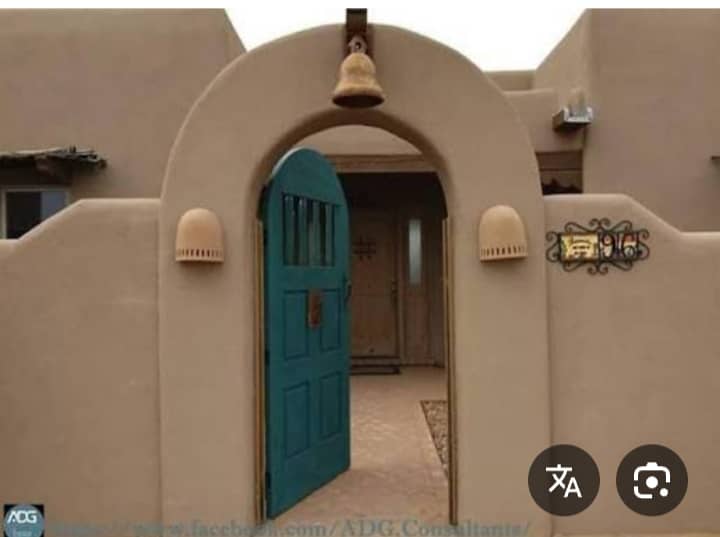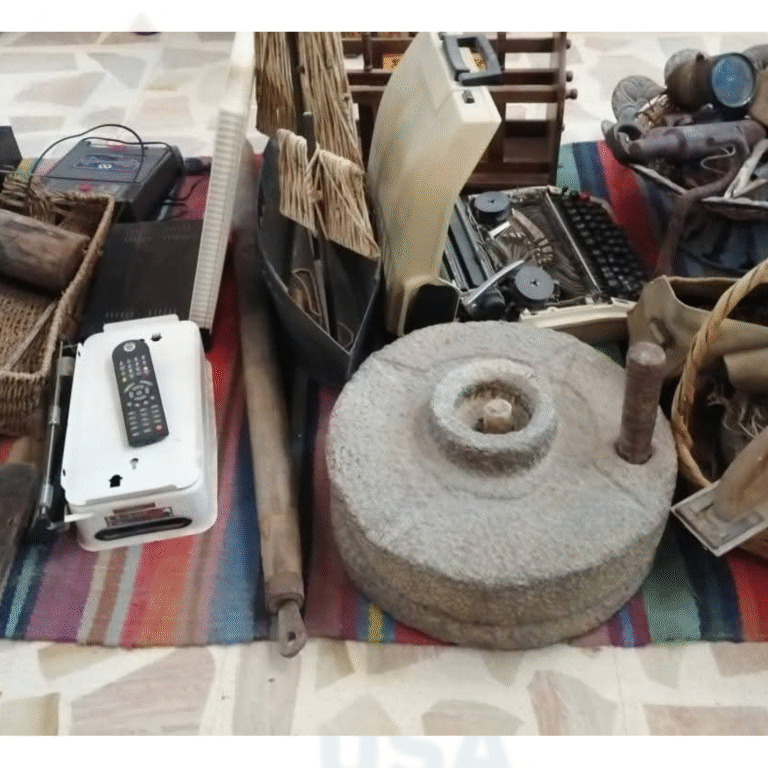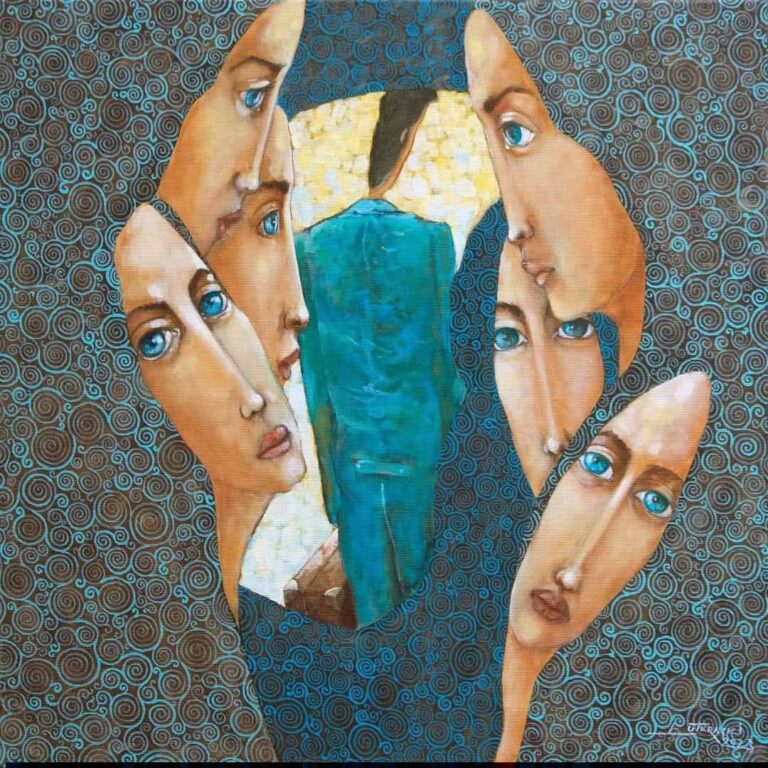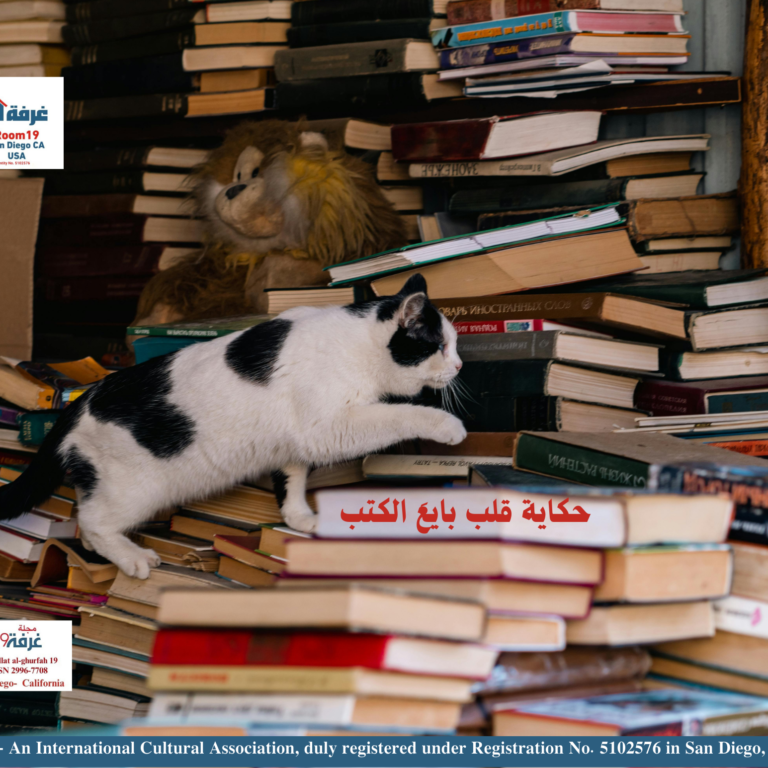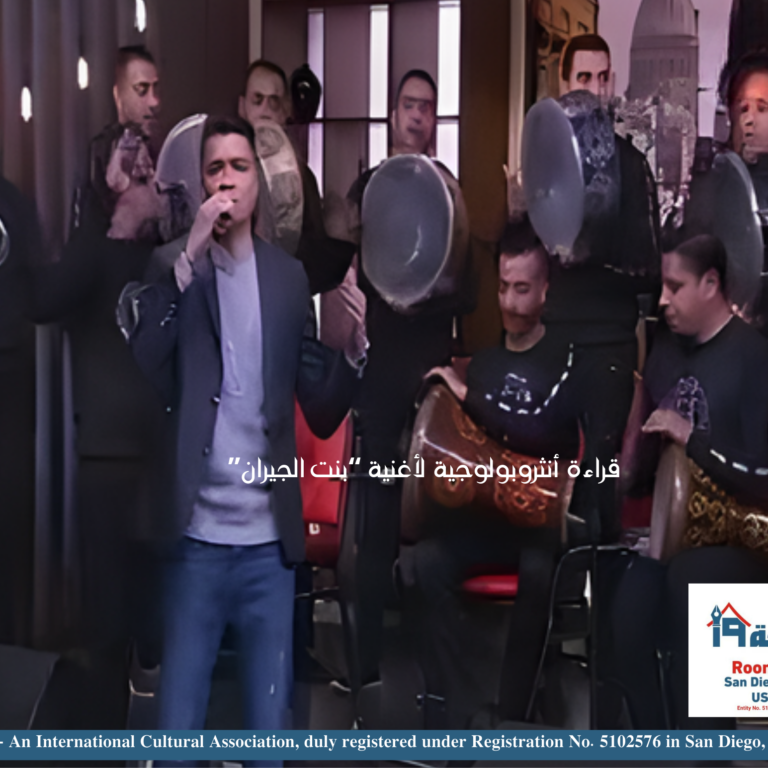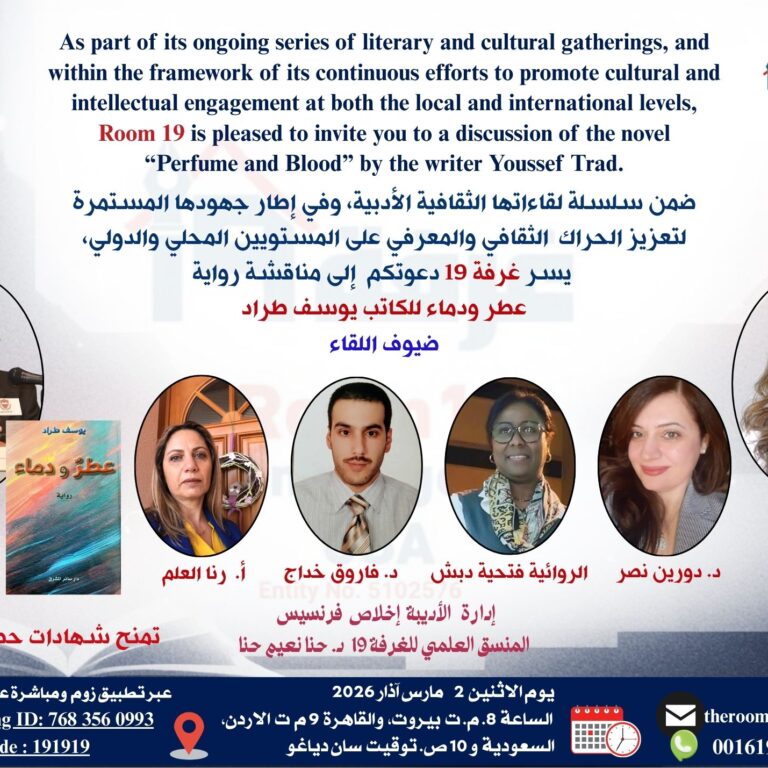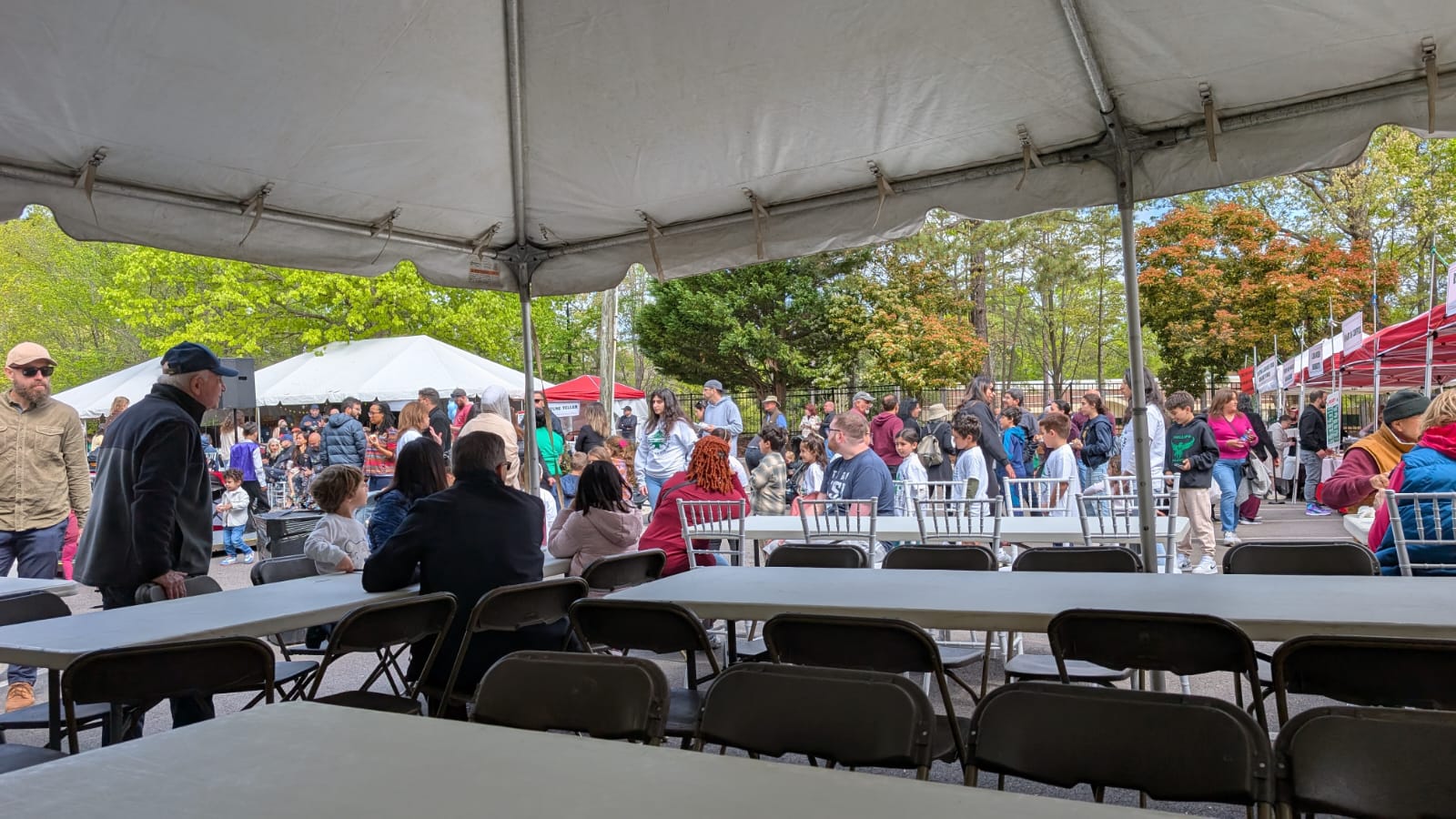
Triangle Lebanese American Center, hosted The annual Lebanese American festival in Cary, North Carolina
By Dany Francis
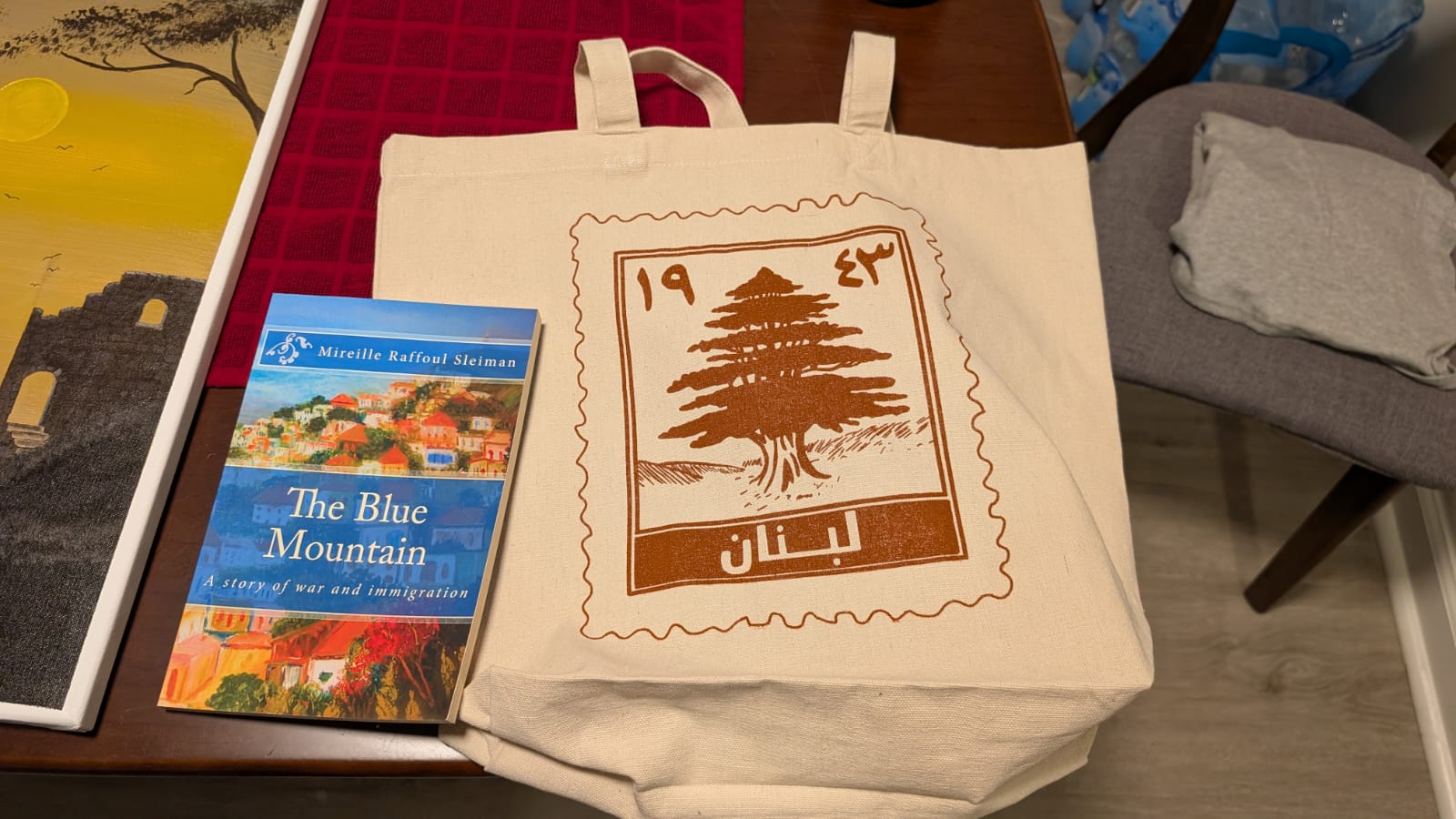
If the Lebanese culture were to be described in one word, my vote would be placed squarely on “Endurance.” The modern Lebanon, as it is known, was born from The Great War, quickly thrust into World War II, and has faced countless insurgencies, foreign invaders, and occupiers in its relatively short lifetime. The number of consecutive years that Lebanon enjoyed its peace and stability was so little, that it can be counted with both hands. Yet despite all of this, the Lebanese culture and people flourish. Where other nations would crumble from the world’s pressures, the religiously and ethnically diverse country stands as an example of acceptance, tenacity, and unity. Lebanon stands as an example that proves that strength is not found in sameness but in a shared commitment to a common future and to the prosperity of their community. This strength of culture manifests in a plethora of ways, one of which being the annual Lebanese American festival in Cary, North Carolina. Hosted by the Triangle Lebanese American Center, the Annual Lebanese Festival features a youth group of children ranging from three to nine, showcasing their growing Arabic skills (in the Lebanese dialect of course,) a chance to dabke, wine, art from Lebanese artists, and, it goes without saying, the cuisine. Today I had a chance to spend some time at this festival. Navigating my way straight to the tabbouleh stand, I passed several artists, a fortune teller dressed in traditional garb, and many Lebanese, Lebanese Americans, and Americans alike. The Lebanese immigrant in America does not need to go far to find a home, nor do they need to try particularly hard to make friends.
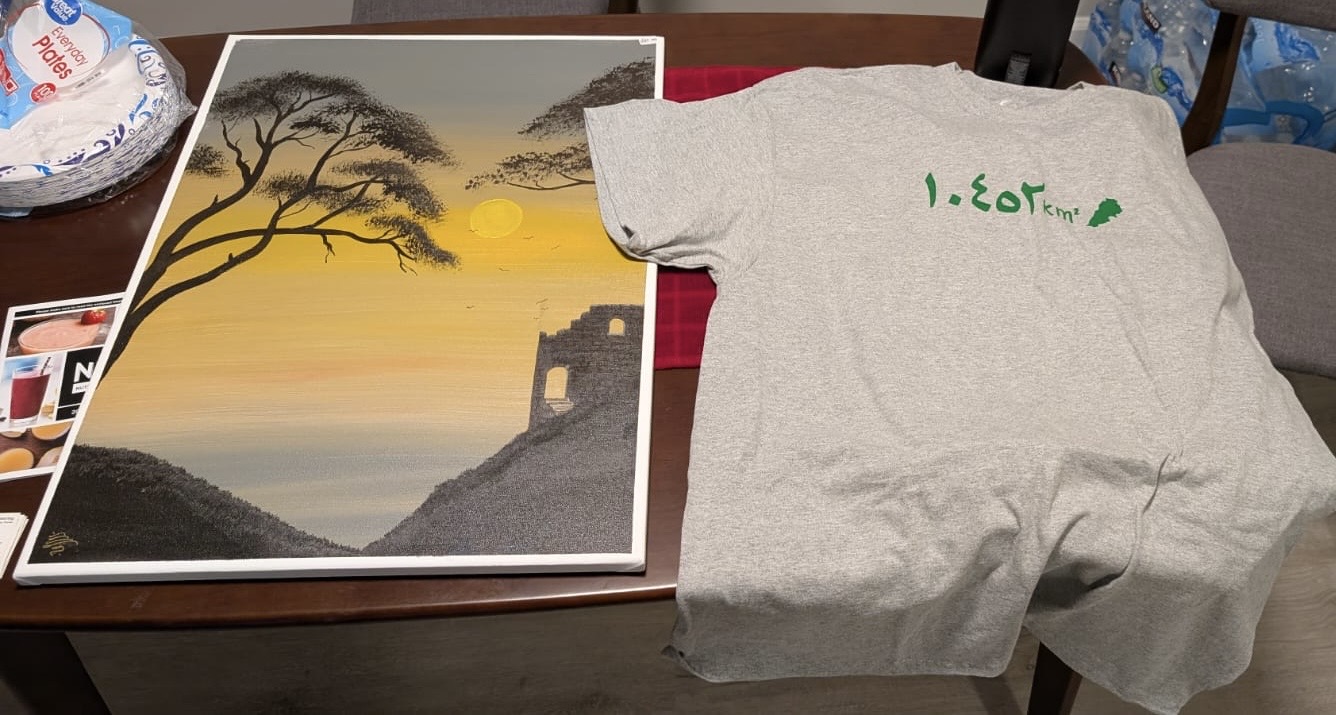
As I admired several paintings, debating which one to purchase, a man who I would later to be discovered to be the artist of the pieces asked me casually, “So what do you think?” Thinking they were just a passerby, I swiftly replied, “I think I’ll be buying this one here,” gesturing towards the piece that displayed a beautiful sunset image. Branches of two Lebanese cedars stretched their limbs to shake in the middle, the red-yellow Lebanese sun setting in the background with the ruins of a Roman-era structure seated neatly underneath the branches. Even the birds were visible in the piece. “You’re the first one to buy one of my paintings.” He replied quickly, “Let me offer you a discount.” He quickly called out to who I could only assume was a nephew or son and asked them for change. Reminding me of my father, I stepped him and assured the man I am happy to pay full price for a piece of art. You won’t find a single person from Lebanon who can resist the urge to be humble or pay the bill for you, so a back and forth quickly ensued where he insisted that he at least take a small amount off the total price. I relented and accepted. The festivities did not end there, the children quickly gathered on the stage and spoke in Arabic which is (to my embarrassment) incredibly impressive for their age. Singing through several songs in Arabic, and then the Lebanese national anthem, they soon dressed themselves in traditional attire and began a dabke. At this festival, while there certainly were those from many different sects of Lebanon as well as regions, the community and togetherness were found. It is my belief that the people of Lebanon, truly, in the end, seek harmony. The experiment that is the National Pact may be flawed as a form of governance; the people cry out for prosperity and community. It is my hope that, at least for those who have had to flee or leave Lebanon for one reason or another, continues to endure the troubles that she faces. While we may be foreigners in a land that does not always accept or make sense to us, only by maintaining our endurance and unity may we hope to eventually return to our collective home.
by Dany Francis
استضافة مركز اللبنانيين الأمريكيين في منطقة تراينغل للمهرجان اللبناني الأمريكي السنوي في مدينة كاري، ولاية نورث كارولاينا.
إعداد: داني فرنسيس
إذا كان لا بد من وصف الثقافة اللبنانية بكلمة واحدة، فإنّ خياري سيقع بلا تردّد على كلمة “الصمود”. فقد وُلد لبنان الحديث من رحم الحرب الكبرى، وسرعان ما أُلقي في أتون الحرب العالمية الثانية، ومنذ ذلك الحين وهو يواجه عددًا لا يُحصى من التمرّدات، والغزوات، والاحتلالات الأجنبية، وذلك خلال عمره القصير نسبيًا كدولة. أما عدد السنوات المتتالية التي نعم فيها لبنان بالسلام والاستقرار، فهي قليلة جدًا، يمكن عدّها على أصابع اليدين. ومع ذلك، فإنّ الثقافة اللبنانية وشعبها يزدهران. ففي حين تنهار دول أخرى تحت وطأة الضغوط العالمية، يبقى هذا البلد المتنوع دينيًا وإثنيًا مثالًا للقبول والمثابرة والوحدة. يثبت لبنان أن القوّة لا تكمن في التماثل، بل في الالتزام المشترك بمستقبل واحد وبازدهار المجتمع.
تتجلّى هذه القوّة الثقافية في العديد من الأشكال، ومن أبرزها مهرجان اللبنانيين الأمريكيين السنوي في مدينة كاري بولاية نورث كارولاينا. يستضيف هذا المهرجان مركز اللبنانيين الأمريكيين في منطقة “تراينغل”، ويضمّ عروضًا لمجموعة من الأطفال الذين تتراوح أعمارهم بين ثلاث وتسع سنوات، يستعرضون مهاراتهم المتنامية في اللغة العربيّة (باللهجة اللبنانية بالطبع)، إضافة إلى فرصة لرقص الدبكة، وتذوّق النبيذ، والاطّلاع على أعمال فنية لفنانين لبنانيين، وبالطبع – دون الحاجة إلى ذكر – المطبخ اللبناني الغني.
لقد سنحت لي الفرصة اليوم لقضاء بعض الوقت في هذا المهرجان. وبينما كنت أتنقّل في طريقي نحو منصّة التبولة، مررت بعدد من الفنانين، وعرافة ترتدي زيًا تقليديًا، والعديد من اللبنانيين واللبنانيين الأمريكيين، إلى جانب أمريكيين من أصول غير لبنانية. اللبناني المهاجر إلى أمريكا لا يحتاج إلى أن يذهب بعيدًا ليجد منزلًا، ولا يحتاج إلى الكثير من الجهد ليكوّن صداقات. وبينما كنت أتأمّل عددًا من اللوحات مترددًا في اختيار إحداها للشراء، اقترب مني رجل – اكتشفت لاحقًا أنّه الفنان صاحب اللوحات – وسألني ببساطة: “شو رأيك؟”. ظننته مارًّا عابرًا، فأجبته بسرعة: “بظن رح آخد هيدي”، مشيرًا إلى لوحة تُظهر مشهد غروب رائع. غصنان من أرزتين لبنانيتين يمدّان أذرعهما ليلتقيا في المنتصف، بينما تغيب الشمس اللبنانية الحمراء الصفراء في الخلفية، وتتربّع تحت الأغصان بقايا معبد روماني قديم، وحتى الطيور كانت مرئية في اللوحة.
ردّ الرجل بسرعة: “إنت أول حدا بيشتري من لوحاتي. خليني أعطيك خصم”. ونادى على أحد أقربائه – على الأغلب ابنه أو ابن أخيه – وطلب منه الفكة. ذكّرني بأبي، فتقدّمت إليه وأكدت له أنّني سعيد بدفع السعر الكامل لهذا العمل الفني. لا يوجد لبناني واحد يمكنه مقاومة رغبة التواضع أو الإصرار على دفع الفاتورة عنك، فسرعان ما دار بيننا جدال ودي حيث أصرّ على تخفيض بسيط على الأقل، فقبلت في النهاية.
لكنّ الفعاليات لم تنتهِ هنا. اجتمع الأطفال بسرعة على خشبة المسرح وتحدّثوا بالعربية – وهو أمر محرج بالنسبة لي نظرًا لمستواهم العالي رغم صغر سنهم. أنشدوا عددًا من الأغاني العربية، ثم النشيد الوطني اللبناني، قبل أن يرتدوا الأزياء التقليدية ويبدؤوا رقصة الدبكة.
في هذا المهرجان، ورغم التنوع الطائفي والمناطقي للمشاركين، كان الحضور الطاغي هو للمجتمع واللحمة والتلاقي. أعتقد جازمًا أنّ الشعب اللبناني، في جوهره، يبحث عن الانسجام. قد يكون “الميثاق الوطني” تجربة ناقصة في إدارة الحكم، لكنّ الناس تصرخ من أجل الازدهار والمجتمع. وآمل أن يتمكّن أولئك الذين اضطروا إلى مغادرة لبنان – لأي سبب كان – من مواصلة الصمود في وجه المصاعب التي تواجهه. فبينما قد نكون غرباء في أرض لا تتقبّلنا دائمًا أو لا نفهمها تمامًا، فإنّنا، من خلال المثابرة والوحدة، نستطيع أن نأمل يومًا بالعودة إلى وطننا الجماعي.
By Dany Francis

